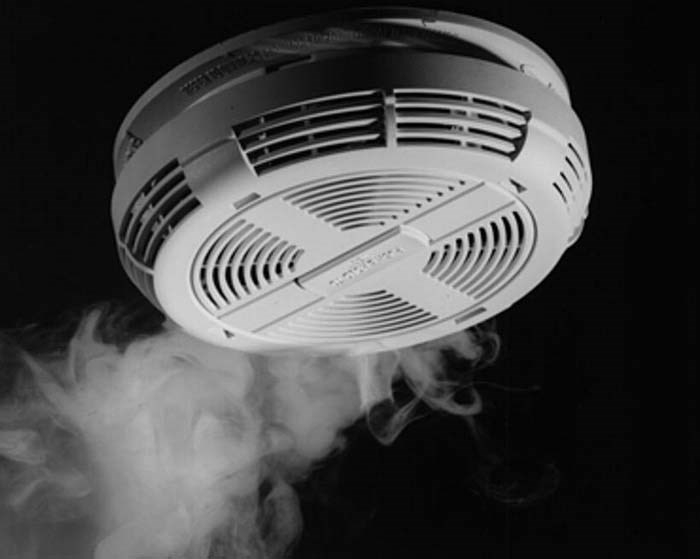This year’s National Home Fire Safety Week, November 24 - 30, the Canada Safety Council is reminding Canadians to take preventative measures to keep their smoke alarms operational, unencumbered and capable of alerting members of their household in an emergency situation.
Unless you’re doing regular tests, the first time you find out your smoke detector is not working might also be your last. Smoke and fire are unforgiving.
The test button on most smoke alarms is effective to ensure function of the sound and that it’s receiving power. But what about its ability to sense and detect smoke? This is why it’s important to regularly test your smoke alarm using real smoke. The Canada Safety Council recommends testing once a month using the test button and once a year by lighting a match and holding it a few inches below the smoke alarm.
If you hear the alarm, you know it is functioning properly. If you don’t hear the sound ring out, replace the batteries and try again. If your alarm is connected electrically to household circuits, double-check to ensure the fuse is working correctly and try again. If neither of these steps help, replace the unit.
You need a smoke alarm on every level of your home. It’s preferable to keep them near the kitchen and sleeping areas, as well as high fire hazard areas (e.g., near the fireplace.) A smoke alarm near the kitchen may be triggered occasionally when you’re cooking at high heats, but don’t disable your alarm – that’s just an indicator that it’s in working condition.
Alarms should be replaced at regular intervals, and should of course be replaced should your current ones become defective or broken. The Canada Safety Council recommends erring on the side of caution and replacing your alarm once every five years.
When purchasing an alarm, consider the types of alarms. Ionization alarms are quicker to detect fast-spreading fires that produce more heat than smoke, while photoelectric alarms react more quickly to smoldering fires that may smoke for hours before bursting into flame. Consider one of each type per floor of your home.



